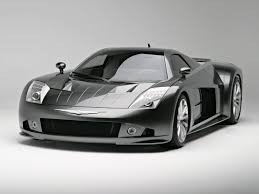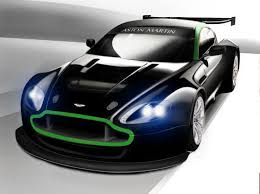 Within three years, Nissan Motor chief executive Carlos Ghosn plans to overcome the high cost of making advanced batteries and to make its all electric cars price competitive even without government subsidies.
Within three years, Nissan Motor chief executive Carlos Ghosn plans to overcome the high cost of making advanced batteries and to make its all electric cars price competitive even without government subsidies. In an interview with the Wall Street Journal in Beijing, Ghosn pointed out that the success of the company in achieving this goal depends much on the price of oil. With regards to government incentives, he said that he believes those incentives are necessary for a period of time that he estimates will be three years. Ghosn rationalizes that since demand will likely continue to keep increasing, the resulting greater economies of scale in producing batteries will allow Nissan and others to cut costs involved in making electric cars.
Aside from that, Ghosn believes that technological improvements will help cut the cost of producing lithium-ion batteries, high-power motors and other new technologies needed to build electric cars. For Nissan’s test-launch of its production Leaf EV in China in 2011, the car will be made available to government agencies and other fleet customers in the city of Wuhan.





0 comments:
Post a Comment